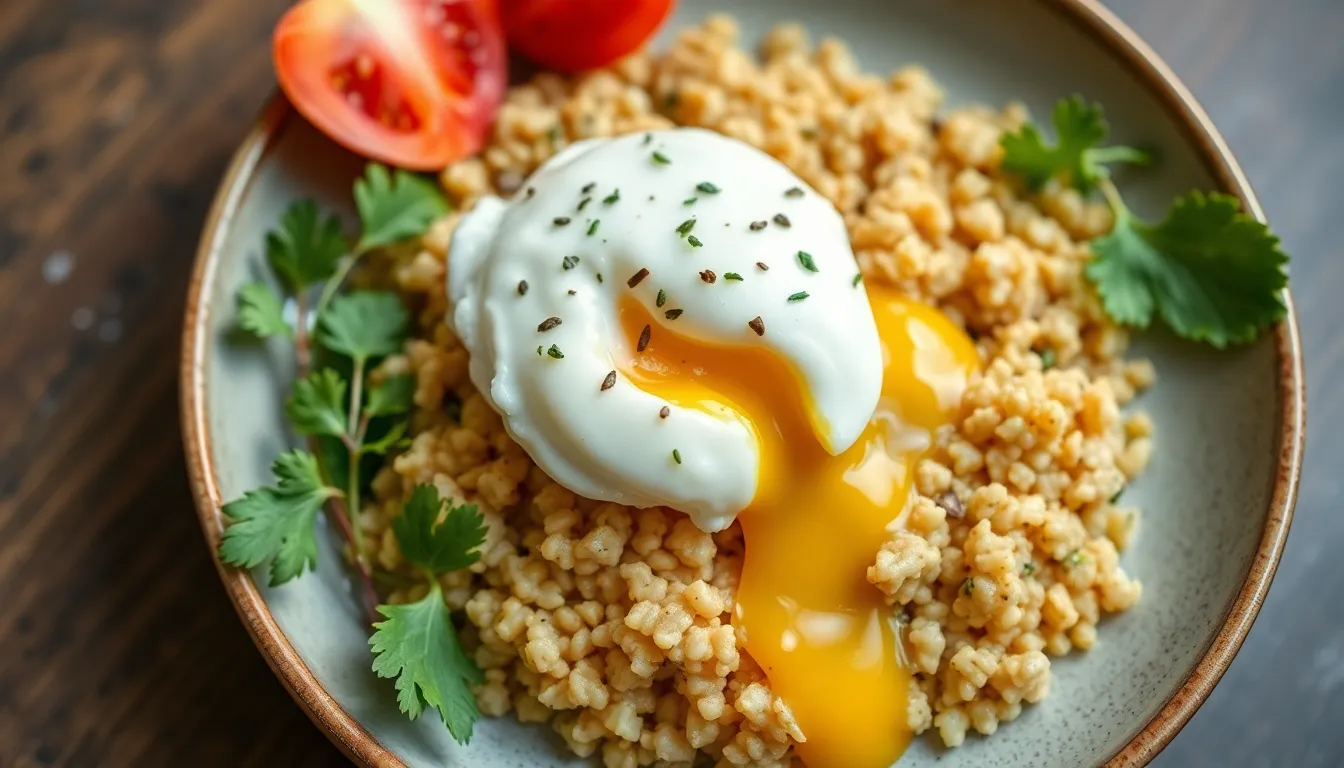Fruits as Natural Sweeteners: Healthier Alternatives for Baking
In recent years, there has been a significant shift in consumer preferences towards healthier baking alternatives. As more individuals become aware of the potential health risks associated with excessive refined sugar intake, the culinary world has responded with innovative solutions. One such approach is the use of fruits as natural sweeteners, which not only provide sweetness but also bring a myriad of health benefits. In this article, we will explore the advantages of using fruits in baking, delve into common fruits that serve as natural sweeteners, and offer practical guidance on how to effectively substitute fruits for sugar in your favorite recipes.
Section 1: The Benefits of Using Fruits as Sweeteners
1.1 Health Benefits
Using fruits as sweeteners is increasingly popular due to several health benefits:
- Lower in Refined Sugars: Fruits contain natural sugars that are less processed than refined sugars, making them a healthier option.
- Nutrient-Rich: Fruits are packed with essential vitamins, minerals, and dietary fiber, contributing to overall health.
- Antioxidant Properties: Many fruits are rich in antioxidants, which help combat oxidative stress and reduce inflammation.
1.2 Flavor Enhancements
In addition to their health benefits, fruits can greatly enhance the flavors of baked goods:
- Natural Flavors: Fruits provide a depth of flavor that can elevate the overall taste of your recipes.
- Variety of Options: With numerous fruits available, bakers can easily tailor their choice of sweetener to complement specific recipes.
Section 2: Common Fruits Used as Natural Sweeteners
2.1 Bananas
Bananas are one of the most popular fruits used for natural sweetening. They have a creamy texture and a naturally sweet flavor that works well in various baked goods.
- Benefits: High in potassium, vitamins B6 and C, and dietary fiber.
- Usage Tips: Make sure to use ripe bananas for the best sweetness and flavor.
- Best Recipes: Banana bread, muffins, pancakes, and smoothies.
2.2 Apples and Applesauce
Applesauce is a versatile ingredient that can replace sugar in many baking recipes, adding moisture while sweetening the dish.
- Benefits: Rich in dietary fiber and vitamin C; low in calories while providing natural sweetness.
- Usage Tips: Use unsweetened applesauce to avoid extra sugars.
- Best Recipes: Cakes, muffins, oatmeal, and cookies.
2.3 Dates
Dates are incredibly sweet and can be used in a variety of forms, including whole, chopped, or as a paste.
- Benefits: High in fiber, antioxidants, and minerals like potassium and magnesium.
- Usage Tips: Soak dried dates in warm water for easier blending when making a paste.
- Best Recipes: Energy bars, brownies, and smoothies.
2.4 Berries (e.g., blueberries, raspberries)
Berries add not only sweetness but also a vibrant color and flavor profile to baked goods.
- Benefits: Low in calories, high in antioxidants, and rich in vitamins C and K.
- Usage Tips: Use fresh or frozen berries, pureed or whole, depending on the recipe.
- Best Recipes: Muffins, cakes, tarts, and sauces.
2.5 Figs
Figs are another excellent natural sweetener, especially in baked goods where a rich, chewy texture is desired.
- Benefits: High in fiber, antioxidants, and essential minerals.
- Usage Tips: Use fresh figs or dried figs that have been rehydrated for a smoother texture.
- Best Recipes: Bread, cookies, and pastries.
Section 3: How to Substitute Fruits for Sugar in Baking
3.1 General Guidelines
Substituting fruits for sugar in baking requires some adjustments. Here are some general guidelines that will help you achieve the best results:
- Conversion Ratios: Different fruits have different sweetness levels, so using the right ratio is crucial.
- Considerations for Moisture Content: Fruits can add moisture to your recipes, so it may be necessary to reduce other liquid ingredients.
3.2 Fruit to Sugar Conversion Chart
| Fruit | Form | Substitution Ratio | Notes |
|---|---|---|---|
| Banana | Pureed | 1 cup = 1 cup sugar | Reduce other liquids by 1/4 cup |
| Applesauce | Unsweetened | 1 cup = 1 cup sugar | Reduce other liquids by 1/4 cup |
| Dates | Pureed | 1 cup = 1 cup sugar | May need to add water for consistency |
| Berry Puree | Pureed | 1 cup = 1 cup sugar | Good for muffins and cakes |
| Figs | Pureed | 1 cup = 1 cup sugar | May require adjustments to the recipe for moisture |
Conclusion
As health-conscious baking continues to gain popularity, utilizing fruits as natural sweeteners presents an attractive alternative to traditional refined sugar. Not only do fruits offer a host of health benefits, including essential nutrients and antioxidants, but they also enhance the flavors of baked goods in delightful ways. From bananas and apples to dates and figs, the variety of fruits available opens up a world of possibilities in your baking adventures.
By following the guidelines and conversion ratios provided in this article, you can confidently experiment with these natural sweeteners in your favorite recipes. Embrace the natural sweetness of fruits and enjoy healthier, delicious baked goods that nourish your body and satisfy your sweet tooth!




